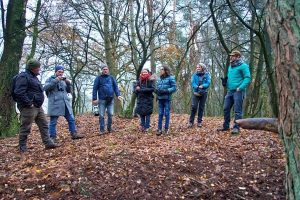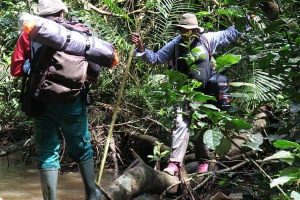Ecosystem restoration curriculum for students and young professionals
are being restored
people positively impacted
trees being planted
tonnes CO₂ to be captured
Project Summary
- Capacity development
- ·
- Education
- ·
- Training

Challenge
The current state of our planet, characterized by a triple environmental emergency of biodiversity loss, climate change, and escalating pollution, demands urgent and comprehensive action. The call to action from the United Nations Decade underscores the severity of the challenges we face and the imperative to address them collaboratively and decisively.
Among the critical components of this global movement for ecosystem restoration, the development of an ecosystem restoration curriculum stands out as an essential tool to equip the next generation with the knowledge, skills, and mindset needed to tackle these pressing environmental issues effectively. There are several compelling reasons for the need and development of such a curriculum:
- Fostering Environmental Stewardship: Education plays a crucial role in nurturing a sense of environmental stewardship among individuals. By integrating ecosystem restoration into curricula, students at all levels – from primary schools to universities – will be instilled with a deep understanding of the value and vulnerability of ecosystems. This fosters a sense of responsibility and empathy towards the natural world, encouraging them to take active roles in conservation and restoration efforts throughout their lives.
- Building a Knowledge Base: Ecosystem restoration is a multidisciplinary field that draws from various scientific, ecological, and social disciplines. An ecosystem restoration curriculum will provide students with a comprehensive knowledge base, covering subjects such as ecology, biodiversity conservation, climate science, sustainable land management, and policy frameworks. This interdisciplinary approach is vital as it enables students to grasp the interconnectedness of environmental challenges and solutions, preparing them to address real-world complexities.
- Nurturing Innovation and Problem-Solving Skills: As the environmental crisis continues to evolve, new challenges and complexities arise. By exposing students to ecosystem restoration in their formative years, the curriculum can nurture innovation and critical problem-solving skills. Students will learn to analyse complex environmental issues creatively, preparing them to devise effective and adaptive solutions as they enter the workforce and contribute to societal efforts for restoration.
- Empowering Local and Global Impact: Ecosystem restoration efforts are most successful when they are context-specific and driven by local communities. By integrating ecosystem restoration into curricula, especially at the university level, students will have the opportunity to engage in hands-on fieldwork, collaborating with local communities and stakeholders. This empowers them to make a tangible difference in their immediate surroundings while also understanding the global implications of their actions.
- Meeting Future Workforce Demands: As awareness of environmental issues grows, so does the demand for professionals with expertise in ecosystem restoration. Developing a curriculum focused on restoration aligns with workforce demands, preparing a new generation of environmentally conscious individuals with specialized skills to lead restoration projects, research, and policy-making in various sectors.
- Amplifying the Impact of the UN Decade: The United Nations Decade’s call to action requires a wide-reaching and sustained effort. Integrating ecosystem restoration into educational curricula can amplify the impact of the Decade’s initiatives by reaching millions of students worldwide. By inspiring and educating young minds, the curriculum becomes a catalyst for transformative change, extending the reach of the global movement for ecosystem restoration.
Activities
Our collaborative project is dedicated to the development and delivery of an innovative ecosystem restoration curriculum, as part of and aligning with the Action Plan of the UN Decade on Ecosystem Restoration – Education Challenges. Our mission is to empower learners worldwide with the knowledge and skills needed to actively participate in ecosystem restoration efforts, fostering a deeper understanding of the critical role ecosystems play in our planet’s health.
Through collaborative efforts with educators, environmental experts, and stakeholders, we will design a comprehensive curriculum that addresses the diverse challenges and opportunities of ecosystem restoration. This curriculum will be adaptable for various educational levels and settings, promoting inclusivity and accessibility.
Our approach involves:
- Curriculum Development: Creating a robust curriculum that integrates scientific principles, practical restoration techniques, and a holistic understanding of ecosystems. We will use a modular system and emphasize the importance of local and indigenous knowledge, encouraging cultural sensitivity.
- Educator Training: Offering training and resources for educators to effectively deliver the curriculum, fostering a global network of passionate advocates for ecosystem restoration.
- Engagement and Outreach: Organizing workshops, webinars, and community engagement events to raise awareness and build support for ecosystem restoration education.
- Monitoring and Evaluation: Implementing a rigorous monitoring and evaluation framework to measure the curriculum’s impact, ensuring continuous improvement.
- Collaboration: Collaborating with educational institutions, governments, NGOs, and other partners to promote the adoption of the curriculum and its integration into formal and informal education systems.
By equipping individuals with the knowledge and skills to restore ecosystems, we aim to inspire a new generation of rewilders who will actively contribute to the UN Decade on Ecosystem Restoration, fostering a healthier and more sustainable planet for all. Together, we can make a lasting impact on the global landscape.
To achieve this goal, the project has four work-packages:
- Ecosystem Restoration Curriculum: Targeting students and early-career professionals, this initiative seeks to integrate restoration-focused curricula into universities across six continents, equipping the next generation with the necessary skills and knowledge to become effective stewards of the environment.
- Rewilding MOOC: An accessible online course will be developed in collaboration with international partners, introducing participants to essential principles, case studies, and best practices in ecosystem restoration.
- Rewilding Workshops and Events: Practitioners, scientists, institutions, businesses, land managers, policy makers, and philanthropists collaborate in these workshops to co-create innovative models for ecosystem restoration, catalysing impactful action on the ground.
- Rewilding Community: By connecting 2000+ like-minded individuals globally, this component fosters a platform for sharing knowledge, strategies, innovations, and support in the pursuit of common restoration goals.
Long-term Impact
Long-Term Impact
The long-term impact of this initiative will be the widespread integration of ecosystem restoration education into formal and informal learning systems worldwide. By equipping students, early-career professionals, and educators with practical skills and scientific knowledge, the project will cultivate a new generation of environmental leaders committed to restoring and protecting ecosystems.
The curriculum’s emphasis on local and indigenous knowledge will promote culturally relevant and context-specific restoration strategies, ensuring sustainability and inclusivity. The global Rewilding MOOC and community network will foster continuous learning and collaboration, creating a lasting knowledge exchange platform that empowers individuals and institutions to take meaningful action.
Additionally, by engaging policymakers, businesses, and land managers through workshops and events, the initiative will influence decision-making processes, embedding restoration principles into broader societal frameworks. Over time, this collective effort will contribute to reversing biodiversity loss, enhancing climate resilience, and supporting global sustainability goals, leaving a lasting legacy for future generations.
Project Partners

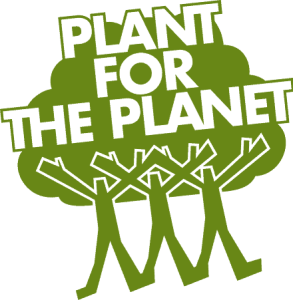

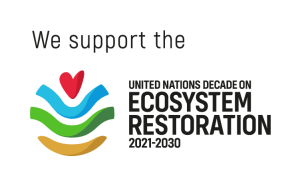
Project Gallery

